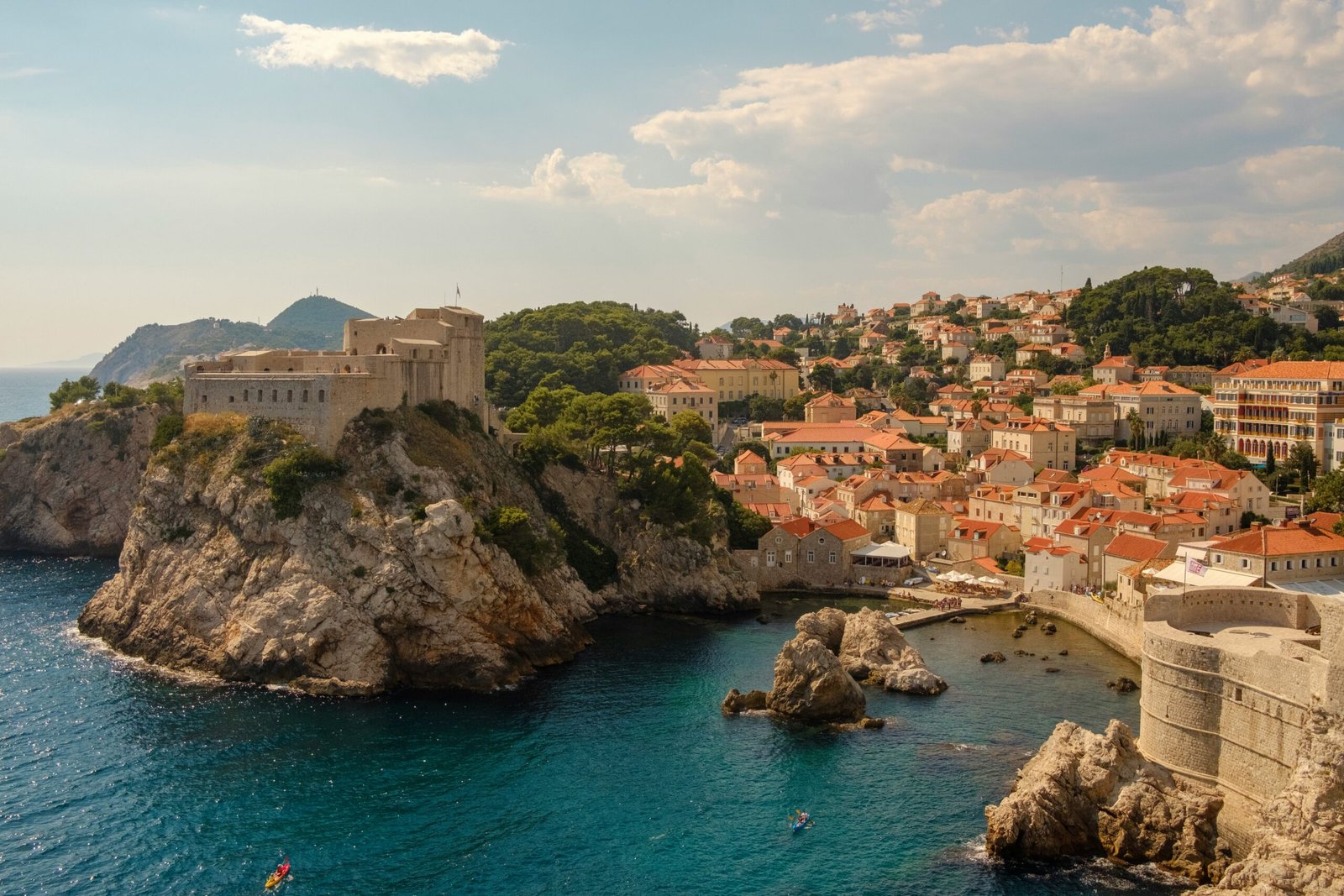On January 15, 1992, Croatia and Slovenia reached a significant milestone in their history as they were internationally recognized as independent nations. This recognition marked their formal separation from Yugoslavia, a country that had been their political entity for several decades.
The events leading up to this recognition can be traced back to 1991 when both Croatia and Slovenia declared their independence from Yugoslavia. The declaration of independence was met with resistance from the Yugoslav government, leading to a series of conflicts known as the Yugoslav Wars.
The Yugoslav Wars were a complex and devastating series of conflicts that engulfed the Balkan region in the 1990s. The conflicts were characterized by ethnic tensions, territorial disputes, and political instability. Croatia and Slovenia, being two of the most prosperous regions within Yugoslavia, sought to break away and establish their own independent nations.
The international recognition of Croatia and Slovenia as independent nations in 1992 was a significant turning point in the dissolution of Yugoslavia. It represented the acceptance of their sovereignty by the international community and paved the way for their integration into the global political landscape.
Several factors contributed to the international recognition of Croatia and Slovenia. Firstly, both countries had demonstrated their commitment to democratic principles and the rule of law. They had established functioning governments and institutions, which provided a solid foundation for their independence.
Secondly, the conflicts in Croatia and Slovenia had attracted international attention and scrutiny. The violence and human rights abuses committed during the Yugoslav Wars were widely reported, leading to increased pressure on the international community to intervene and support the independence of these nations.
The recognition of Croatia and Slovenia as independent nations was not without controversy. Some countries, particularly those with close ties to Yugoslavia, were hesitant to acknowledge their independence. However, as evidence of the atrocities committed during the conflicts mounted, the international community gradually came to accept the legitimacy of their claims.
The recognition of Croatia and Slovenia as independent nations had far-reaching implications for the Balkan region. It set a precedent for other regions within Yugoslavia to seek their own independence, ultimately leading to the complete dissolution of the country.
Furthermore, the recognition of Croatia and Slovenia opened up opportunities for these nations to forge new diplomatic and economic ties with other countries. They were able to establish their own foreign policies, join international organizations, and participate in global trade.
Today, Croatia and Slovenia are thriving nations with vibrant economies and rich cultural heritage. They have become important players in the European Union and have made significant contributions to the region’s stability and development.
In conclusion, the international recognition of Croatia and Slovenia as independent nations in 1992 was a pivotal moment in the dissolution of Yugoslavia. It represented the culmination of their struggle for independence and marked the beginning of a new chapter in their history. The recognition not only affirmed their sovereignty but also paved the way for their integration into the global community. Croatia and Slovenia serve as a testament to the resilience and determination of nations striving for self-determination.
SEO Excerpt:
On January 15, 1992, Croatia and Slovenia achieved international recognition as independent nations, marking their formal separation from Yugoslavia. This recognition came after both countries declared independence in 1991, leading to the Yugoslav Wars. The recognition of Croatia and Slovenia as independent nations was a significant moment in the dissolution of Yugoslavia and the reshaping of the Balkan region. Today, Croatia and Slovenia are thriving nations, playing important roles in the European Union and contributing to regional stability and development.

